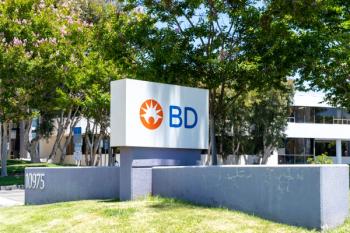
Whitesides to Deliver Pittcon 2009 Plenary Lecture
The Pittsburgh Conference (Pittsburgh, Pennsylvania) has announced that George M. Whitesides, the Woodford L. and Ann A. Flowers University Professor of the Department of Chemistry and Chemical Biology at Harvard University (Cambridge, Massachusetts), will be the Plenary Speaker at Pittcon 2009 on March 8, 2009.
The Pittsburgh Conference (Pittsburgh, Pennsylvania) has announced that George M. Whitesides, the Woodford L. and Ann A. Flowers University Professor of the Department of Chemistry and Chemical Biology at Harvard University (Cambridge, Massachusetts), will be the Plenary Speaker at Pittcon 2009 on March 8, 2009. Pittcon 2009 will be held in March 8-13 in Chicago, Illinois. Whitesides' research interests include physical and organic chemistry, materials science, biophysics, complexity and emergence, surface science, microfluidics, optics, self-assembly, micro- and nanotechnology, science for developing economies, catalysis, origin of life, and cell-surface biochemistry.
Newsletter
Join the global community of analytical scientists who trust LCGC for insights on the latest techniques, trends, and expert solutions in chromatography.




